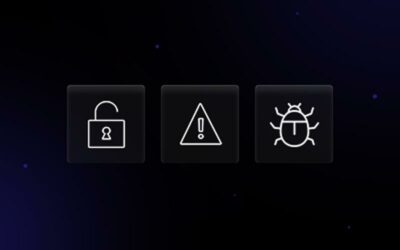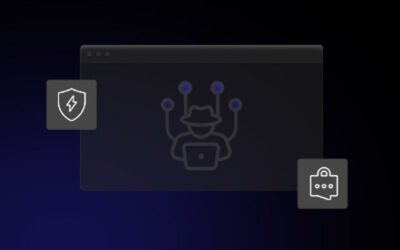In the age of the internet, life is good. The technology of today provides solutions to nearly every problem. However, any and all internet use carries with it the ever-present, if uncommon, threat of cyber attacks. With the internet becoming increasingly important to daily life, there’s little alternative to spending a lot of time online. That means that you’ll need to invest in online safety. These quick tips will help you stay safe when you browse the world wide web.
VPNs
Virtual Private Networks, also known as VPNs, provide a solution to the growing concerns of potential data theft. The primary goal of any hacker is to obtain a user’s personal information in order to commit identity theft or even sell that data to a third party for a quick buck. That means that one of your greatest weapons against hackers is to obscure that data, and VPNs are a great tool for that job.
Essentially, a VPN enables you to simulate a private network on a public one, and this provides numerous benefits, chief among them being encryption and decryption that simply makes it harder for hackers to make use of any data that they happen to get their hands on.
VPNs are also useful for getting around various content restrictions. For example, you can use your VPN for Netflix, namely viewing releases that aren’t available in your country or using Netflix in places that normally wouldn’t have access at all. This is made possible by obscuring your IP address, the metric that is ordinarily used to gate certain content.
SECURE WEBSITES
As mentioned above, encryption and decryption are crucial tools for keeping your data out of the hands of hackers. More accurately, it scrambles data in transit so that, if a hacker does intercept your data, it won’t be the real thing and, therefore, won’t be of any use. This feature is a staple of your online browsing, but it’s not a given.
A website isn’t secure by default, and it’s up to the owners of individual websites to pay for SSL certification in order to protect users from cyber threats. It’s important for you as an internet browser to keep your eye out for unsecured websites in order to avoid them. When browsing, check the URL of unfamiliar websites. If you see “https,” then the website is secure, but an “http” in the URL means that the website in question lacks encryption, and that can mean that your data can get intercepted when you make a request of the server or, more often, that downloads on the site can be malware in disguise.
ANTIMALWARE
Malware remains a popular form of cyberattack, simply because it is a fairly effective way for hackers to compromise a system. While it’s easy to avoid malware if you know what to look for, it remains a staple for hackers because it’s a trap that they can set and forget, if you will. Therefore, you need to not only be on your guard and avoid problematic websites but also invest in a safety net to protect you when you experience a lapse in judgment.
Antimalware software is the most basic form of cybersecurity and, honestly, about all that the average internet user really needs to stay safe. However, VPNs can be seen as a more comprehensive option that not only protects you from prying eyes but also provides encryption and malware blocking technology.
At the end of the day, you can never be too careful, and combining best practices with cybersecurity software can protect you from any and all cyber threats.
While browsing the internet always constitutes at least a small degree of risk, there are plenty of ways to mitigate that risk. By employing the right safety precautions and investing in software, you can protect yourself from the majority of cyber attacks, virtually all of them that target the average person. These tips will help you stay safe online.



